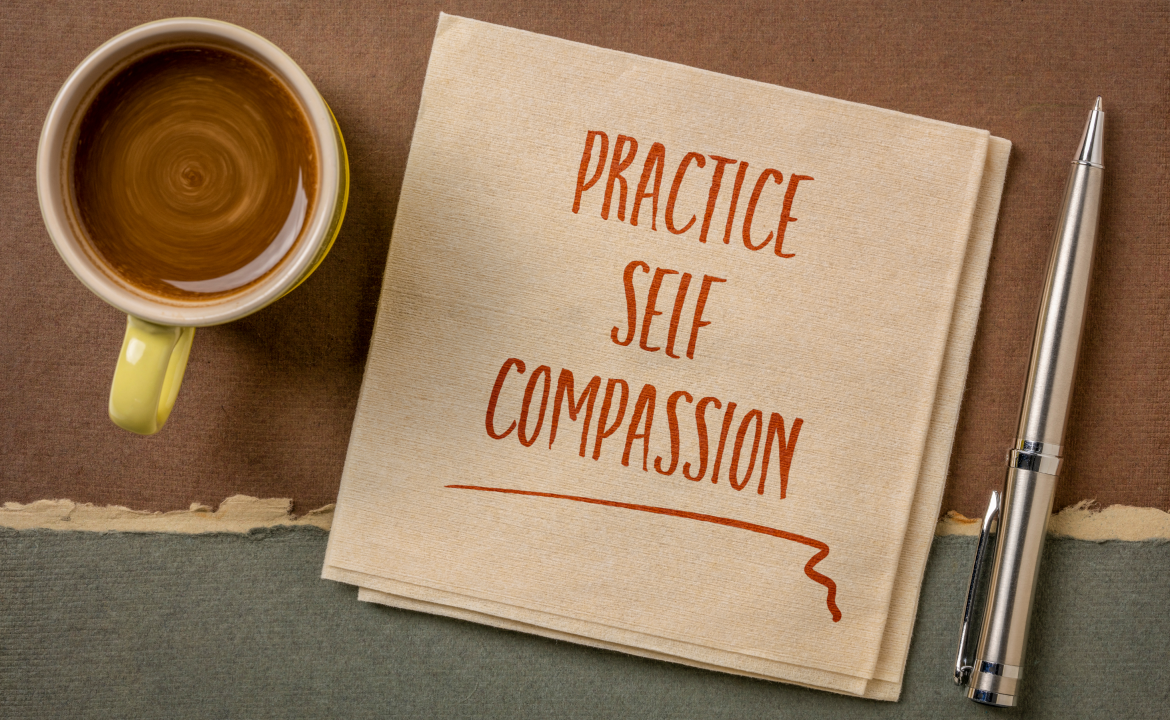Our Beloved Companions
It may be how our animals love us that makes their deaths so difficult to bear. Pets become beloved companions and valued family members, and they love us unconditionally. Our children often become their best friends.
Our pets depend on us, accept us, and are intensely loyal.
The Loss of a Family Pet
The loss of a pet can be emotionally overwhelming for its owner, especially if the owner is the one who must decide to euthanize the devoted friend.
Euthanasia
This decision can become complicated with other emotional issues if you’re required to choose when to euthanize an animal that was once the pet of a loved one who has died.
You may see the pet as an extension of that person or the decision to euthanize as a betrayal of your pledge to care for the animal after its owner has died.
When it comes to euthanasia, allow a veterinarian to help you make the decision.
The veterinarian will give you an honest, professional assessment without the emotional burden you bear.
Other animal lovers understand the grief a bereaved pet owner experiences, but empathy can’t alleviate the emotional suffering.
Your Pets Friends Will Grieve Too
Allow yourself your grief. Don’t try to dismiss or suppress your feelings; your pet was an enormously important part of your life, and you should take the time to deal with the loss. If you have other animals, they will grieve too.
Animals form solid attachments and have an innate understanding of life’s cycles. It may be the kindest thing you can do to let your other pets see their companion once they have died.
Seeing and feeling the dead body will tell them what has happened. Otherwise, if you take an ailing pet to the vet to be euthanized, all his buddies know that he went out the door and never returned.
They will be distressed and confused and search for him, perhaps for weeks or even longer.
You can either bring the dead body home from the veterinarian, which may be very difficult for you, or you might ask the vet to euthanize the sick animal at your home.
If your pet dies peacefully at home, in familiar surroundings, the other animals can see him after death. The vet can take the body away when you’re ready, or the vet can leave, and you can ask a friend to help you with the necessary practicalities.
Burial of Your Pet On Your Property
You may want to bury your pet on your land if you have sufficient property. However, you must check with your city’s ordinances to know if it’s legal.
You may prefer to have your pet cremated and then scatter his ashes at his favorite place.
Your veterinarian or local humane society may be able to help you with burial options.
Keep The Loving Memory of Your Pet Fresh
Don’t try to get rid of all the reminders of your companion right away. Instead, move slowly to reorganize your life.
Keep photos and such things as a dog’s collar and food dish. You may be delighted you kept them months later when your grief has subsided, and the memory is not quite so painful.
Give yourself some time; you know how much your pet meant to you. It’s unrealistic to expect that losing its companionship will be easy.
Some human-animal relationships are very intense.Your veterinarian may know of a counselor who works with bereaved pet owners.
Locating A Grief Counselor
If you find your grief is overwhelming you or has a severe impact on your life and work, a grief counselor may be able to help you.










